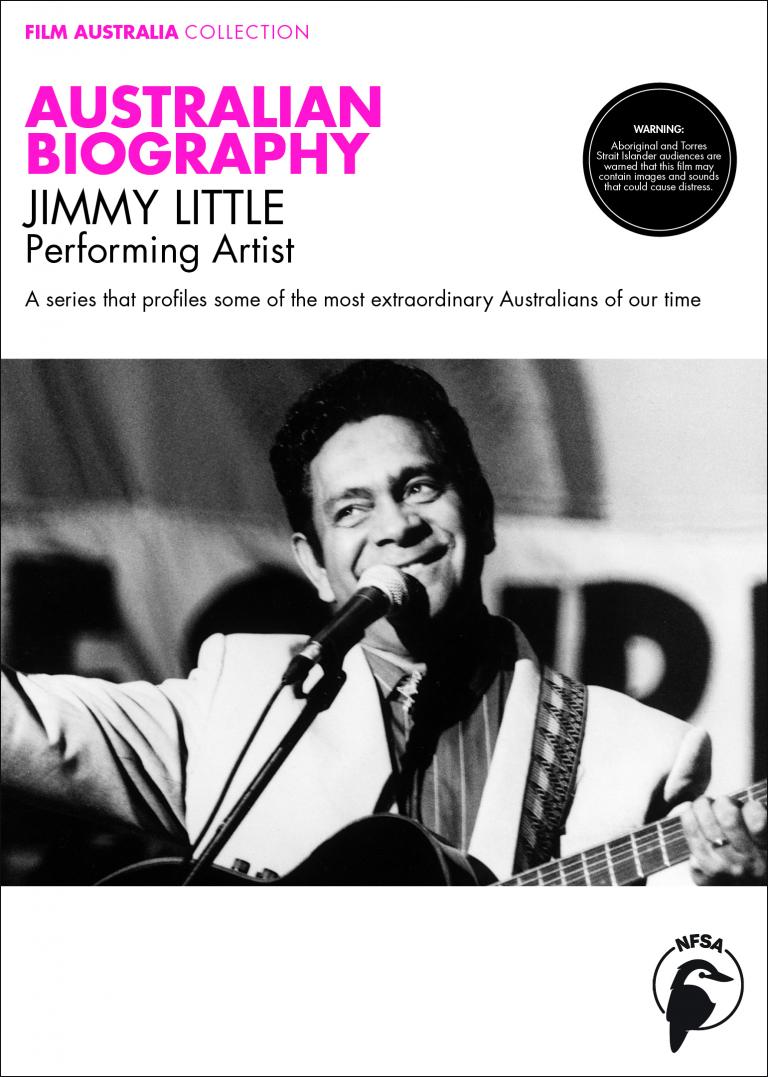
Australian Biography: Jimmy Little
In this interview, Jimmy Little talks about what stardom meant for a boy from the bush, and the profound impact that his Aboriginal heritage has had on his life, and more recently, his music.
In the 1950s Australia's First Peoples were still more than a decade away from being recognised as citizens. So the fact that Aboriginal singer Jimmy Little was able to become a major star on the pop and country music scene was quite remarkable. So much so that when he did achieve mainstream recognition he found that some members of the Aboriginal community regarded him as a turncoat.
The respect Jimmy Little earned from contemporaries such as Johnny O'Keefe and Col Joye came not just from his musical prowess (his 1960s hit 'Royal Telephone' was a phenomenal success) but also his capacity to remain true to his principles in a world where many lost their way. This is not just the story of a talented Australian but of a strong and immensely likeable one.
The National Film and Sound Archive of Australia acknowledges Australia’s Aboriginal and Torres Strait Islander peoples as the Traditional Custodians of the land on which we work and live and gives respect to their Elders both past and present.



